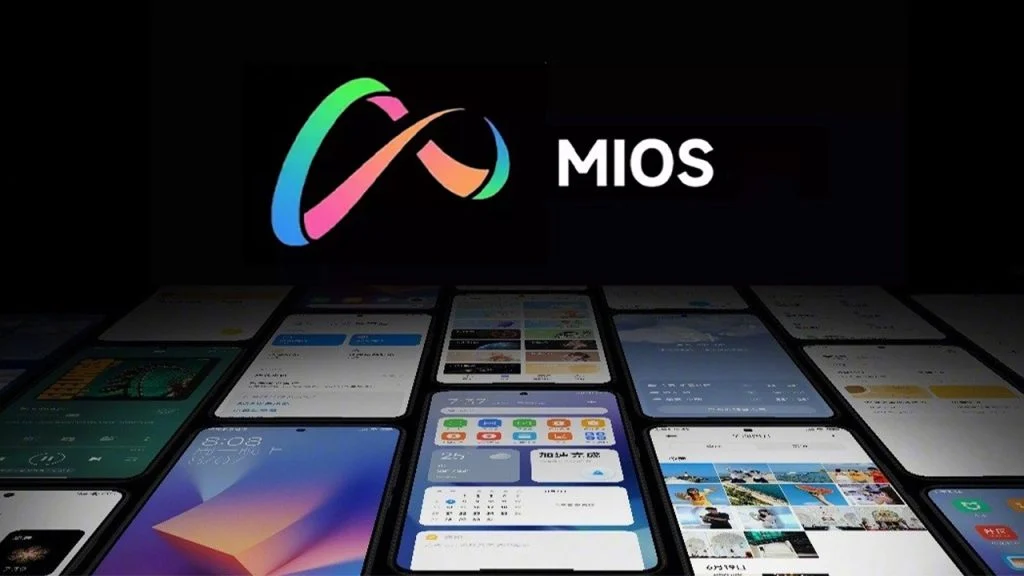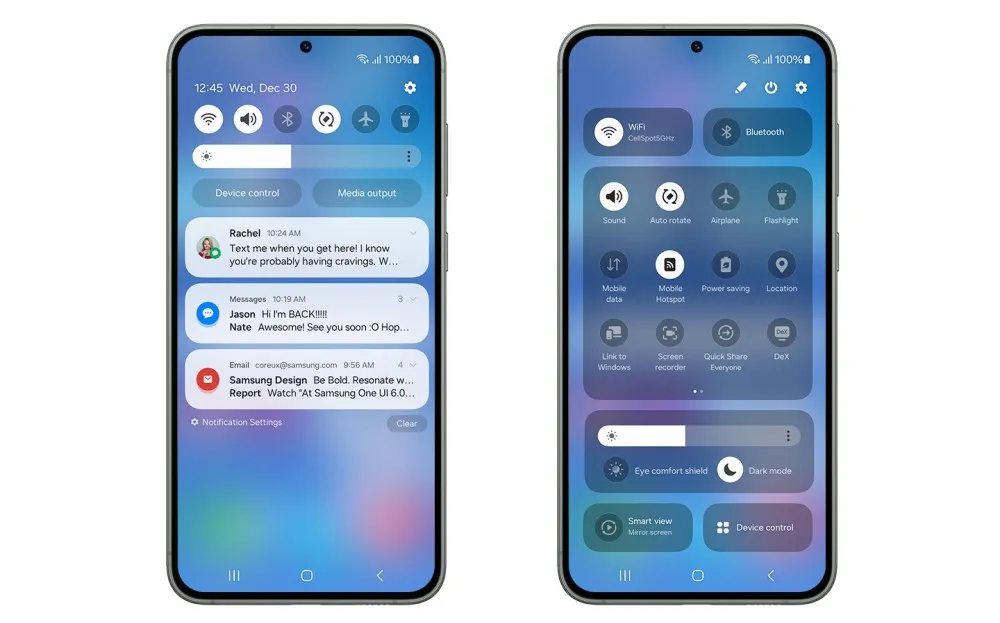The Influence of the U.S. Supreme Court on the Tech Sector
The recent choice by the U.S. Supreme Court to decline reviewing the ongoing legal feud between Epic Games and Apple holds significant ramifications for the technology industry.
Overview of the Disagreement
The disagreement revolved around Epic Games' implementation of a direct payment system within Fortnite, bypassing the fees of Apple's App Store. In retaliation, Apple removed Fortnite, prompting Epic to sue for antitrust violations.
Varied Outcomes for Epic Games
Epic Games has encountered diverse outcomes throughout the legal process:
- 2021: A U.S. District Court Judge determined Apple was not a monopoly, a ruling largely supported by the Ninth Circuit Court of Appeals.
- December: A jury determined that Google held an unlawful monopoly in the realm of app stores.
Affirming the Lower Court's Verdict
The recent stance of the Supreme Court in not reviewing the case affirms the decision of the lower court, obstructing Epic's attempts to contest Apple's authority over its App Store.
Illuminating Apple's Regulations
Despite setbacks faced by Epic, this legal battle has shed light on Apple's stringent policies:
- The courts acknowledged Apple's anti-competitive conduct in restricting developers from informing users about alternative payment methods.
- This scrutiny triggered the European Union's Digital Markets Act, which could potentially mandate Apple to permit alternative app stores on its devices by March 2023.
Ramifications for the Technology Field
The Supreme Court's decision to forego reviewing the case has extensive implications:
- It underscores the dominance of tech behemoths like Apple in governing their app stores.
- It initiates debates concerning competition and transparency in the app marketplace.
- It might play a significant role in shaping the forthcoming landscape of app distribution and payment mechanisms.



